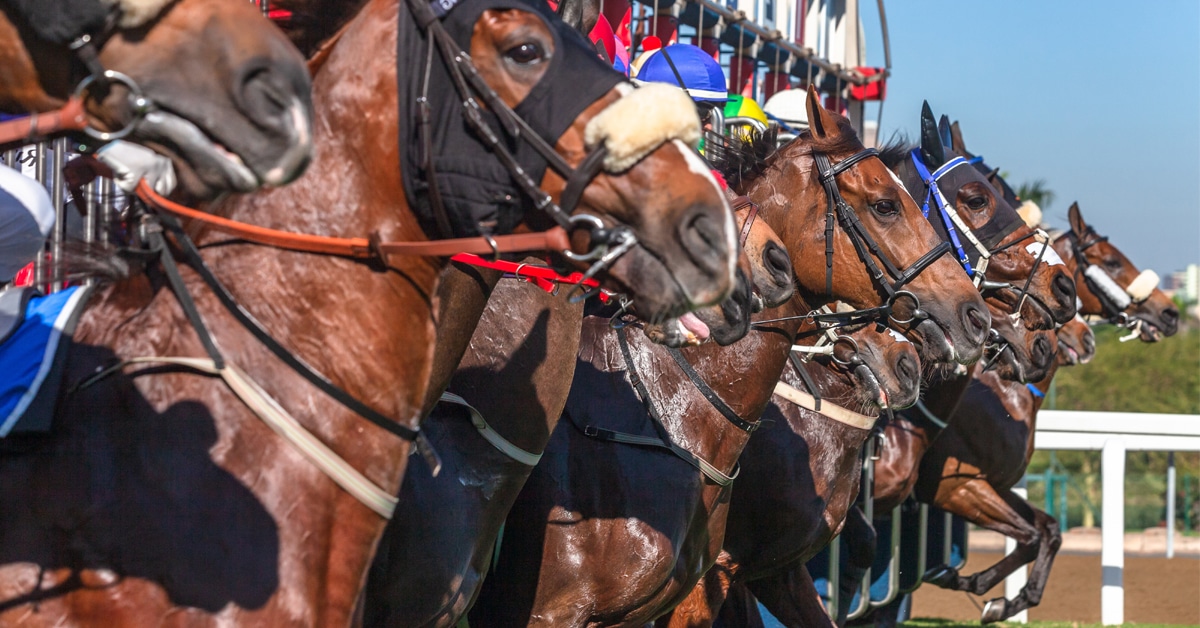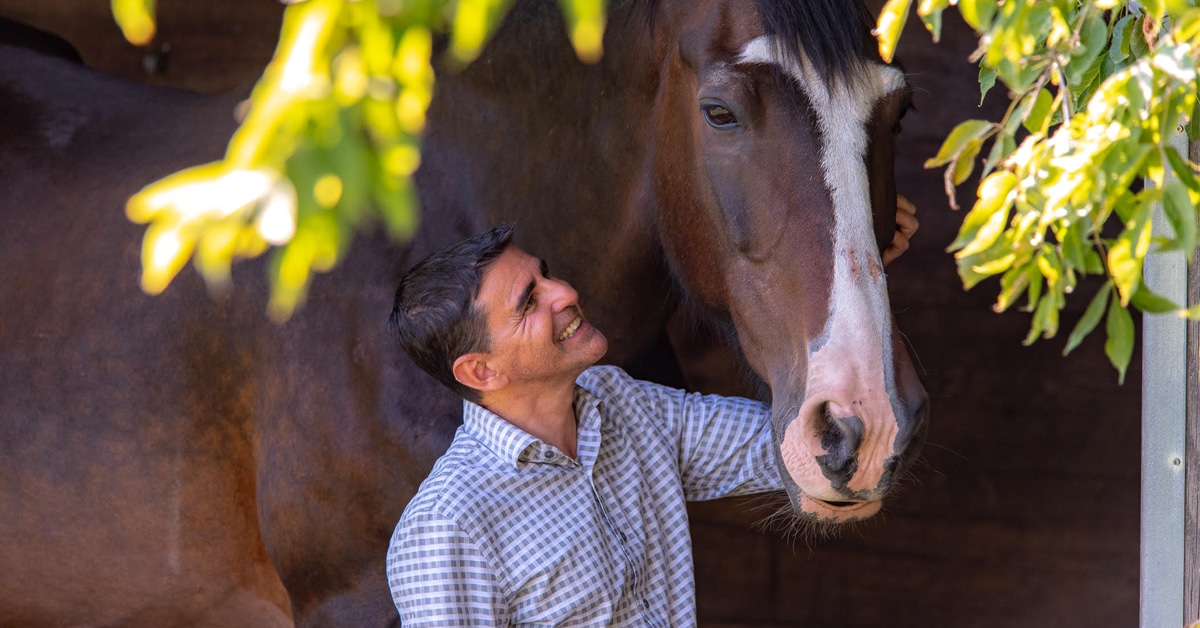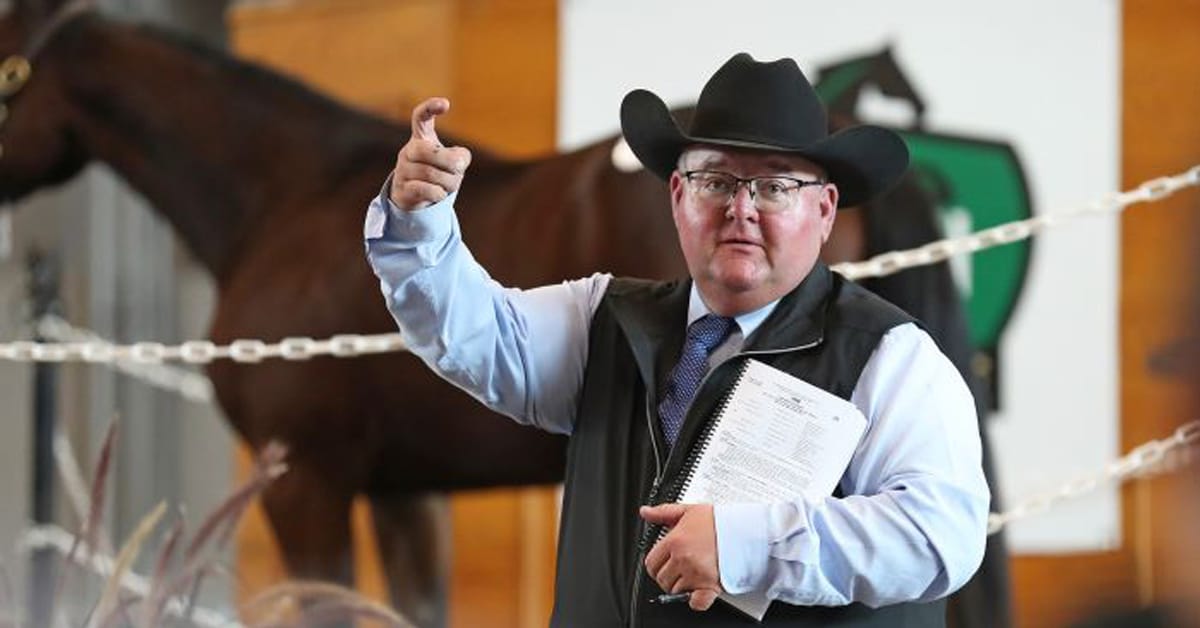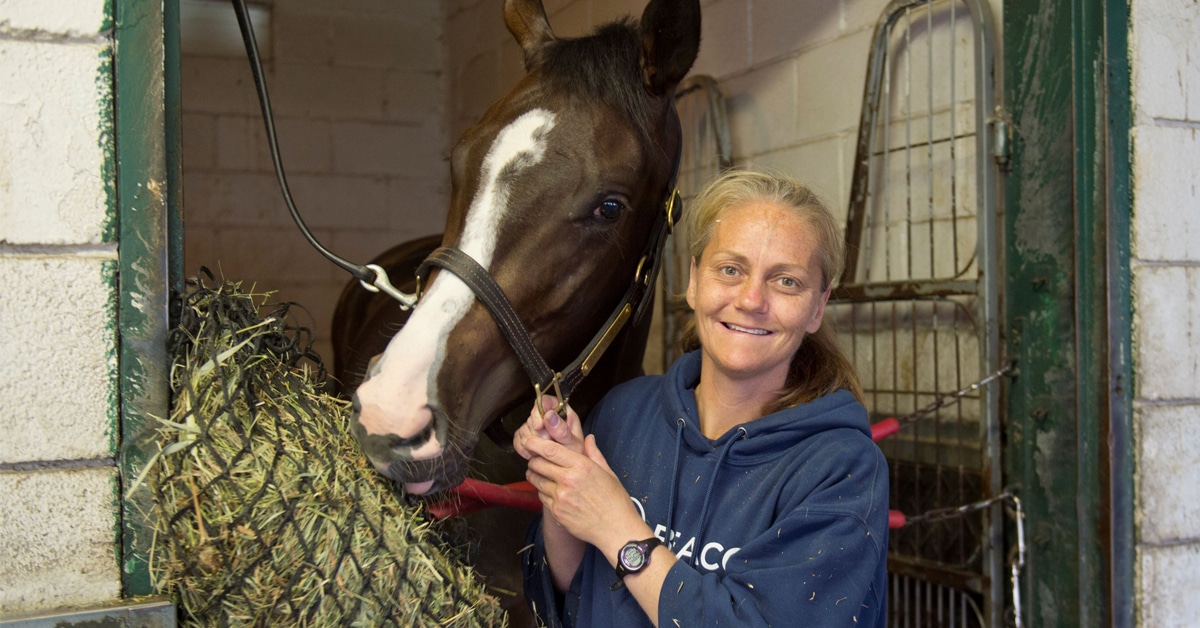The issue of catching cheaters suspected of using performance enhancing drugs (PEDs) is front of mind after the Federal Bureau of Investigation (FBI) indicted nearly 30 thoroughbred and standardbred people in the United States in March, including high-profile trainers Jason Servis and Jorge Navarro .
In Canada, investigating horse racing participants that cheat is conducted on a local level where the associated racetrack is located and most provinces will work with their provincial police and Canada Border Services to complete their investigations.
In Ontario, out of competition testing, Internet searches, inspections, wiretaps, monitoring results and working in tandem with other policing services around the world are just some of the tools the Alcohol and Gaming Commission of Ontario’s (AGCO) Equine Drug Unit has at its disposal. Detective-Sergeant Chris Bennett of the OPP is the manager of the AGCO’s Equine Drug Unit, a group that also includes three OPP detective constables and three AGCO civilian compliance officials. The Equine Drug Unit originated many years ago under the old Ontario Racing Commission (ORC). When the ORC was folded into the AGCO in 2015, the unit moved with it.
“I think for the most part things have stayed pretty much the same since the merger of the ORC to the AGCO,” said Brent Stone, the AGCO Director of Racing. “The one thing that did happen when we merged is the Horse Racing Licensing Act was rewritten and changed. One of the provisions we did include in that was the ability for us to get provincial offenses search warrants. So that’s a new power that we did not have back in the old ORC days. We have that now. We’ve been able to use that before, so that’s a good tool in the battle against the misuse and abuse of medications and/or drugs for our equine athletes. We were lucky with the ORC that we had a unit that also included OPP officers along with our civilians. We’ve been able to keep that here at the AGCO, so that’s a positive.”
Since some PEDs, such as Erythropoietin (EPO), are very difficult to detect through testing, one of the key tools the FBI used in the US arrests was extensive wiretaps of the suspects. Bennett said wiretaps are a legal tool the OPP can use in horse racing investigations in Ontario, but, “we have to exhaust all investigation techniques before we use something of that type.”
Bennett also said that his unit works closely with the Canada Border Services Agency (CBSA) to do joint inspections of participants crossing the border into Canada — “When trailers come over the border we assist one another.”
Since the sport is very transient in nature, the Equine Drug Unit also has counterparts and contacts in horse racing jurisdictions around the world and is a member of the Organizations of Racing Investigators Inc.
Stone said that his unit has done some work with the Royal Canadian Mounted Police (RCMP) on a file here or there, but, “mainly, it’s the CBSA or the jurisdiction where our tracks are. For instance, for Woodbine we deal with Toronto Police. We also have connections with all different police services within the province where our tracks are located.”
As to whether the AGCO assisted in the US indictments, Stone only said, “We are aware of the indictments and we have taken the appropriate regulatory actions here in Ontario with any licensee that holds license with us here in Ontario, reciprocating what’s going on down in the States. We have been reaching out to our contacts and our policing and regulatory partners in the States to try to find out information and share information.”
Asked whether the Equine Drug Unit monitors online bettor forums and social media posts for leads from gamblers who analyze results and post about suspecting people of cheating, Bennett only said his unit utilizes, “all available investigative applications and techniques to ensure compliance.”
Yet, the most effective means of trying to “level the playing field” is leads from the participants themselves, said AGCO director of racing Brent Stone.
“Owners, vets, trainers, drivers, jockeys, grooms and horses are monitored throughout the race year, especially those that have continuous success or multiple breakdowns,” Bennett said. “All factors are considered and investigated to be able to apply the best course of investigative techniques in order to present a clear, concise, end report derived from the evidence found.”
He agreed with Stone that his unit needs the industry’s help.
“Any kind of misuse of medications or drugs in our equine athletes is really the community of horse racing’s problem,” Stone said. “We at the AGCO and the OPP (Ontario Provincial Police) have a major role to play in that, but… it is the cooperation of the people, the stakeholders within our industry, that provide us with information and intelligence that allow us to go out and do what we do and try to clean up the sport as best we can… Without the community support it’s very difficult for us to tackle this issue because it is constantly evolving. It’s constantly moving. It is a cat and mouse game.”
Honest participants are asked to do their part to help clean up the industry. The small minority of people that do cheat are effectively stealing from those participants that play by the rules.
To that end, Stone said anyone with a tip about a possible violation of horse racing rules in Ontario can make an anonymous report by contacting Crime Stoppers at 1-800-222-TIPS (8477). People with a lead are also welcome to contact the AGCO at 1-800-522-2876 or make a report directly to a steward at the track.
“We need the assistance of people that might know what’s going on to help us keep the integrity of this sport alive. We can’t do this by ourselves. Information from people like trainers, people that may see things that happen that they know is wrong, we just need them to reach out if they can. It’s very important that we work together,” Bennett said.
The Latest










